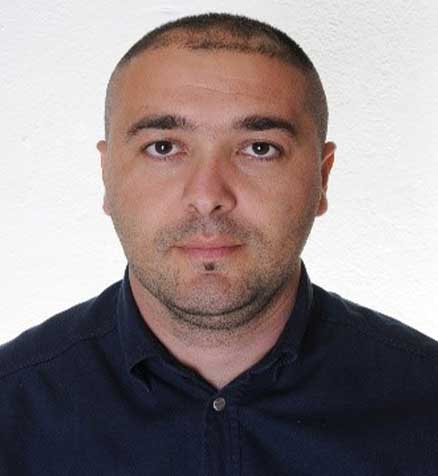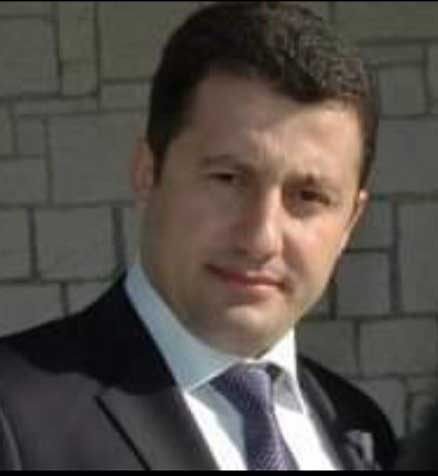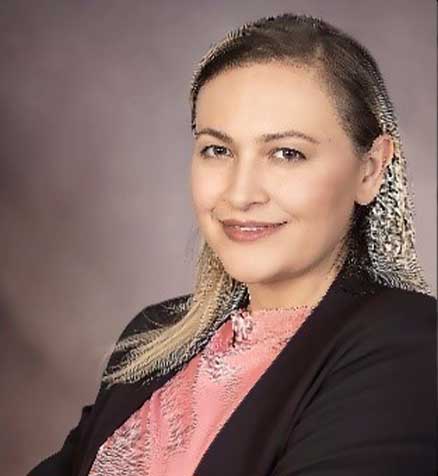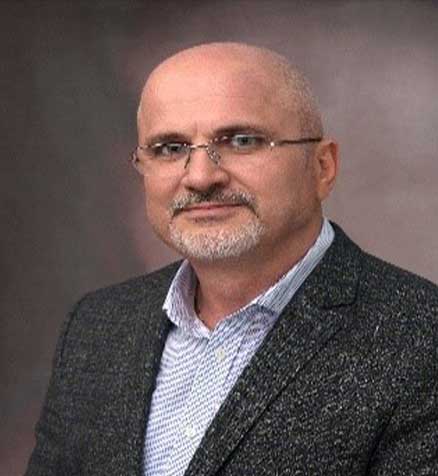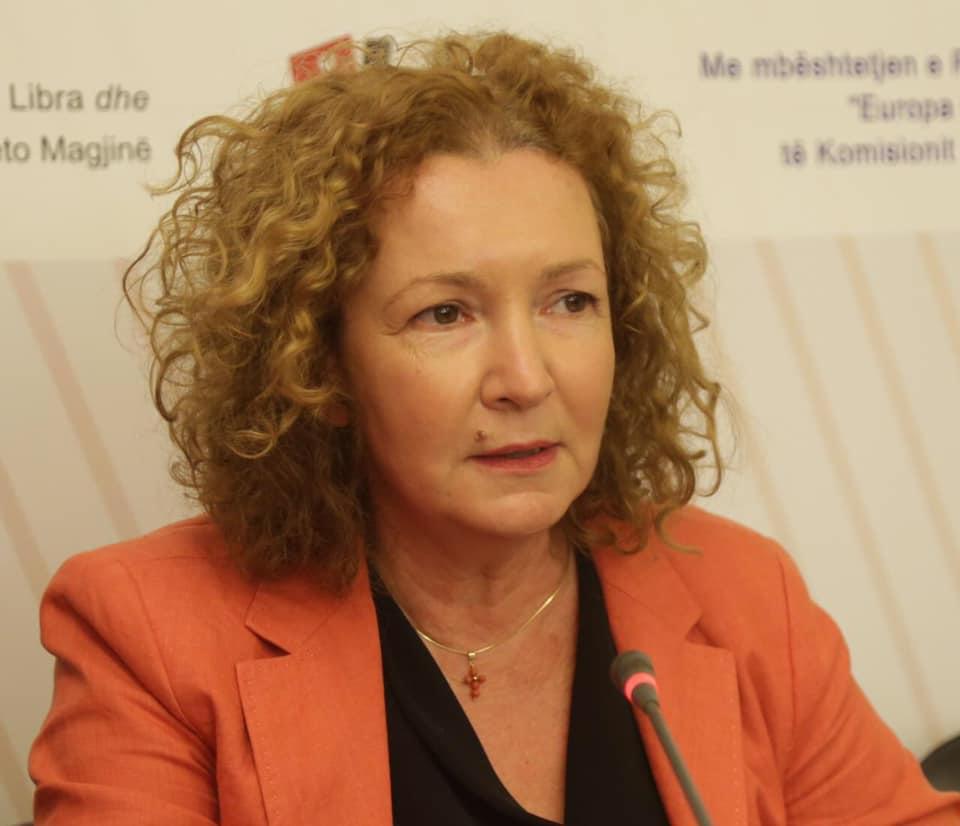Macedonian National Minority
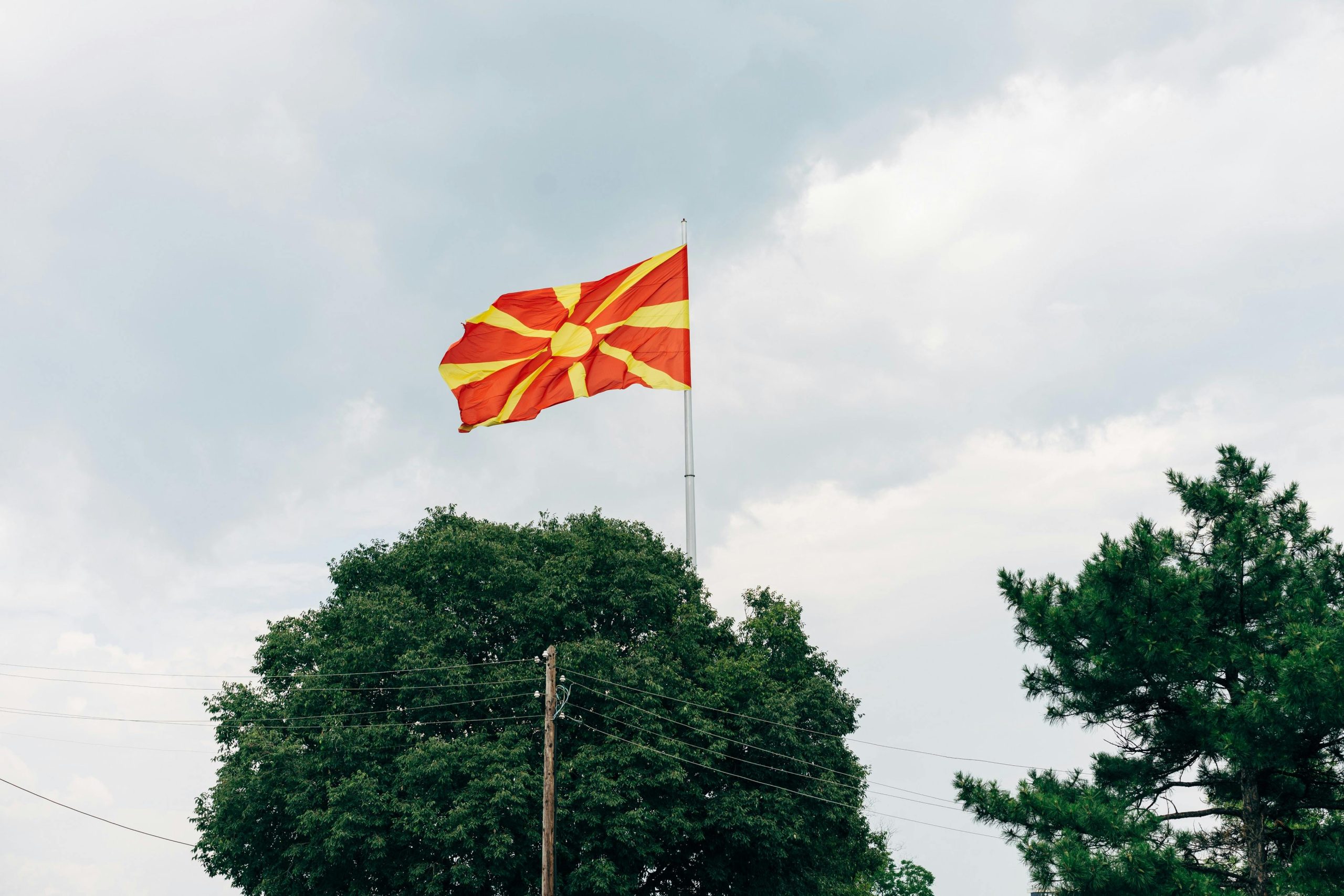
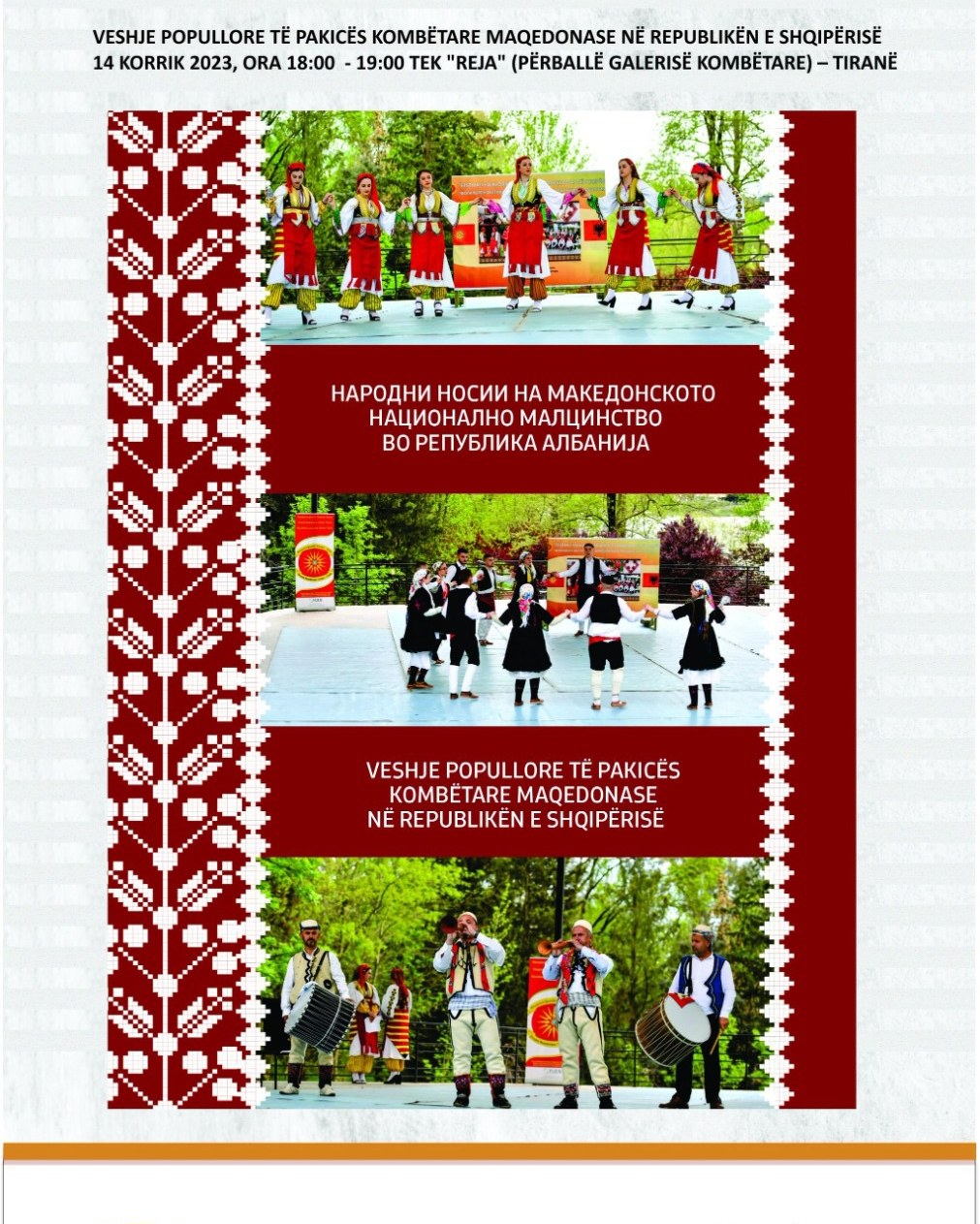
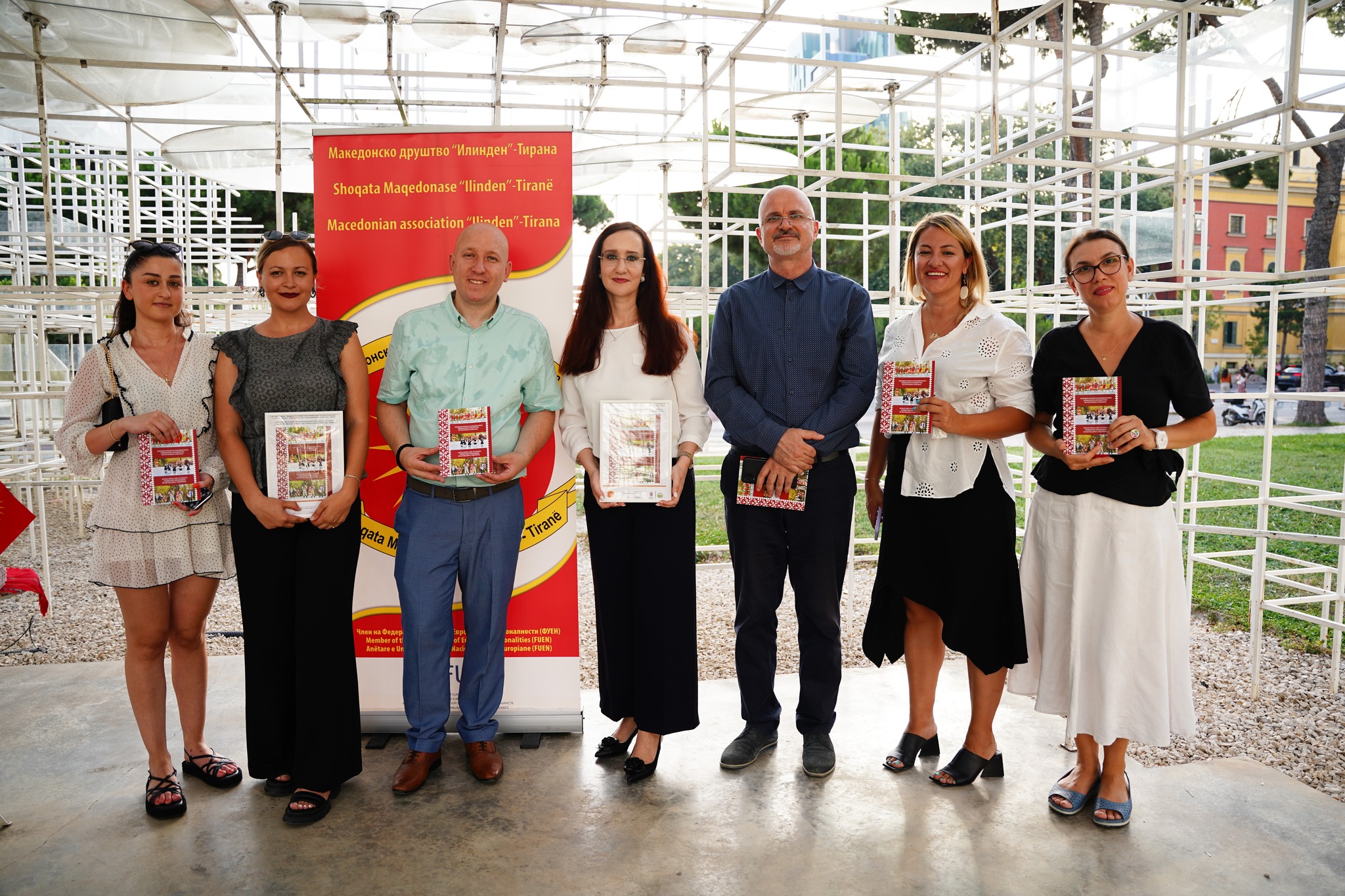
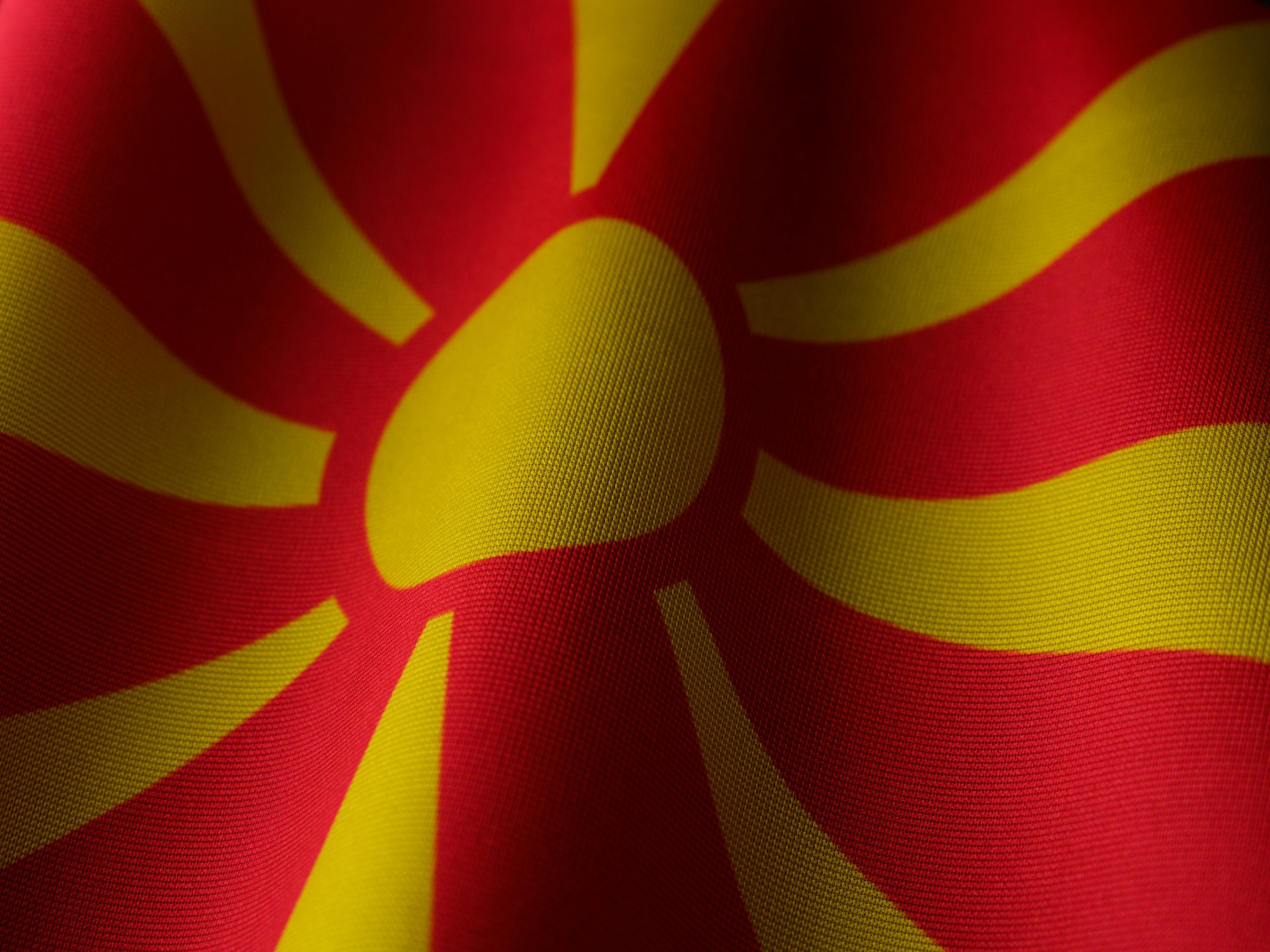
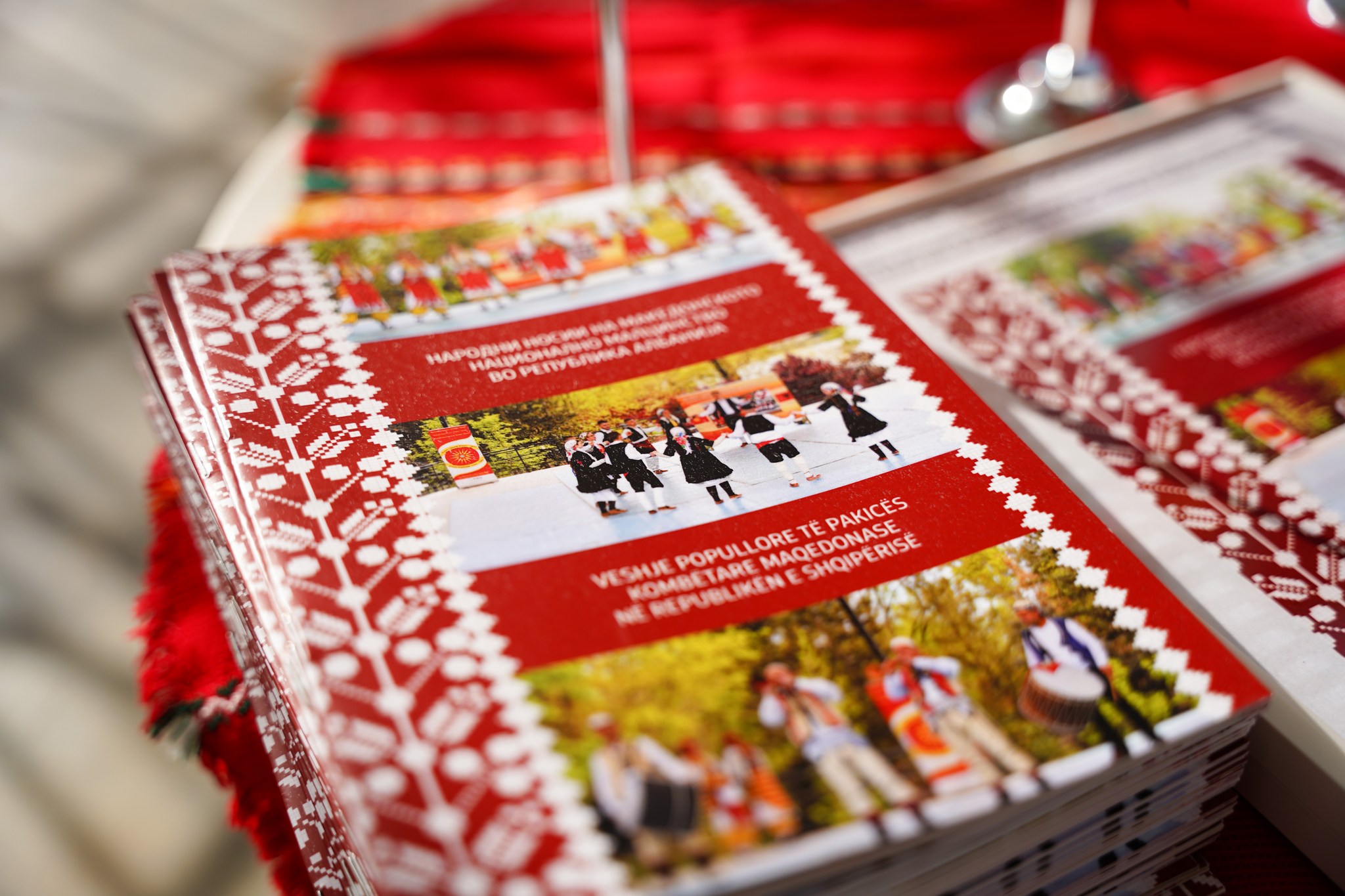
The macedonian national minority are one of the
oldest and most structured communities in the country, with deep historical, cultural, and social roots in the eastern regions of Albania. Their presence has been documented since the early 20th century, particularly in the Prespa area (now the Municipality of Pustec), Golloborda, Kërçishti, and several villages in Kukës County. Following the Treaty of Versailles in 1919, a portion of the Macedonian population remained within Albania’s borders, preserving their identity, language, and traditions.
The Macedonian national minority is concentrated in around 50 villages along
the Albanian–Macedonian border, in the Prespa region within the Municipality of Pustec, in the village of Vërnik in the Municipality of Devoll, in the Golloborda area within the Municipalities of Librazhd and Bulqiza, in the villages of Herbel and Upper and Lower Kërçisht in the Municipality of Peshkopia, as well as in the Gora region in the Municipality of Kukës.
The Macedonian minority was officially recognized by the Albanian state after 1945 as a sign of
gratitude for its direct contribution to the National Liberation War. The Macedonians of Prespa and Golloborda participated in partisan units and supported the efforts to liberate the country. During this period, the first primary schools in the Macedonian language were also opened in several villages of Prespa and Golloborda. Unfortunately, in the villages of the Golloborda area, such as the village of Upper Kërçisht in Maqellarë, Macedonian-language schools were allowed only until 1949, while in the Prespa area and the village of Vërnik, Macedonian-language schools remained open. Here, during the communist regime, the free use of the Macedonian mother tongue was permitted, along with the preservation and development of cultural traditions, customs, and so forth.
Administrative-Territorial Reform
Even with the change of the system in the early 1990s, the Macedonian minority continued to be recognized in the Municipality of Pustec and the village of Vërnik. With the administrative-territorial reform of 2014, the Municipality of Pustec was not dissolved and continued to exist as a municipality due to the criterion that it is inhabited by a Macedonian national minority, which is officially recognized by the Albanian state.
The Macedonian minority in the Municipality of Pustec is well integrated into the country’s economic, social, and political life, while also maintaining intensive social, cultural, and economic interactions with their mother country. On the signs of streets and main squares in the nine villages, the Macedonian language appears alongside Albanian. The school curriculum has now been fully developed, including Macedonian language instruction up to the ninth grade, and elements of Macedonian language education have been added to pre-university education as well.
The Adoption of the Law
In the political and institutional sphere, representatives of the Macedonian community have been active at both local and central levels. The establishment of the party Macedonian Alliance for European Integration (MAEI) has enabled representation in local government, particularly in the Municipality of Pustec, where projects have been implemented to preserve cultural heritage and develop the area. In 2019, for the first time, a representative of the Macedonian minority was elected as a member of the Parliament of Albania.
Today, the Macedonian minority continues to be an active part of Albanian society. Law No. 96/2017 guarantees their rights to use their mother tongue, representation in public administration, and cultural development. Although challenges remain, especially in the fields of education and representation outside the Prespa area, the contribution of the Macedonian minority to building a democratic, open, and multiethnic society is undeniable and important for Albania’s national identity.
Living
The Macedonian community has made significant contributions to the artistic, cultural, and literary life of Albania. Writers, poets, and teachers from this minority have been active in preserving the linguistic heritage and promoting cultural coexistence. Through publications in the Macedonian language and participation in national cultural activities, they have enriched Albania’s multicultural mosaic. The magazine “Mir,” the newspapers “Prespa” and “Ilinden,” as well as programs in the Macedonian language on Albanian Radio Television, have been important tools for promoting their culture.
The Macedonian community in Albania also preserves and celebrates its own religious and cultural traditions. The majority of this community belongs to the Eastern Orthodox faith, and the most important celebrations include: Orthodox Christmas (January 7), Orthodox Easter, St. George’s Day (Gjurgjovden) — a special traditional spring festival, Ilinden (the Day of the Ilinden Uprising Declaration, August 2), name days, and feasts of Orthodox saints observed according to the Macedonian church calendar. These celebrations serve as a unifying element of the spiritual and cultural identity of the Macedonian community and are organized with the active participation of the church, schools, and cultural associations in the area.
Minorities
Natioetare
Maqedonase
The macedonian national minority are one of the
oldest and most structured communities in the country, with deep historical, cultural, and social roots in the eastern regions of Albania. Their presence has been documented since the early 20th century, particularly in the Prespa area (now the Municipality of Pustec), Golloborda, Kërçishti, and several villages in Kukës County. Following the Treaty of Versailles in 1919, a portion of the Macedonian population remained within Albania’s borders, preserving their identity, language, and traditions.
The Macedonian national minority is concentrated in around 50 villages along
the Albanian–Macedonian border, in the Prespa region within the Municipality of Pustec, in the village of Vërnik in the Municipality of Devoll, in the Golloborda area within the Municipalities of Librazhd and Bulqiza, in the villages of Herbel and Upper and Lower Kërçisht in the Municipality of Peshkopia, as well as in the Gora region in the Municipality of Kukës.
The Macedonian minority was officially recognized by the Albanian state after 1945 as a sign of
gratitude for its direct contribution to the National Liberation War. The Macedonians of Prespa and Golloborda participated in partisan units and supported the efforts to liberate the country. During this period, the first primary schools in the Macedonian language were also opened in several villages of Prespa and Golloborda. Unfortunately, in the villages of the Golloborda area, such as the village of Upper Kërçisht in Maqellarë, Macedonian-language schools were allowed only until 1949, while in the Prespa area and the village of Vërnik, Macedonian-language schools remained open. Here, during the communist regime, the free use of the Macedonian mother tongue was permitted, along with the preservation and development of cultural traditions, customs, and so forth.
Administrative-Territorial Reform
Even with the change of the system in the early 1990s, the Macedonian minority continued to be recognized in the Municipality of Pustec and the village of Vërnik. With the administrative-territorial reform of 2014, the Municipality of Pustec was not dissolved and continued to exist as a municipality due to the criterion that it is inhabited by a Macedonian national minority, which is officially recognized by the Albanian state.
The Macedonian minority in the Municipality of Pustec is well integrated into the country’s economic, social, and political life, while also maintaining intensive social, cultural, and economic interactions with their mother country. On the signs of streets and main squares in the nine villages, the Macedonian language appears alongside Albanian. The school curriculum has now been fully developed, including Macedonian language instruction up to the ninth grade, and elements of Macedonian language education have been added to pre-university education as well.
The Adoption of the Law
Pakica kombëtare maqedonase ka vazhdimësi territoriale me Republikën e Maqedonisë së Veriut dhe ka një kulturë etnografike të ruajtur mjaft mirë ndër vite. Spikasin veshjet e bukura popullore si dhe kengët dhe vallet e tyre. Pas miratimit të ligjit 96/2017 ”Për mbrotjen e pakicave kombëtare në Republikën e Shqipërisë”, pjestarët e pakicës maqedonase presin ti gëzojnë të drejtat e tyre në gjithë territorin e Republikës së Shqipërisë.
Living
The Macedonian community has made significant contributions to the artistic, cultural, and literary life of Albania. Writers, poets, and teachers from this minority have been active in preserving the linguistic heritage and promoting cultural coexistence. Through publications in the Macedonian language and participation in national cultural activities, they have enriched Albania’s multicultural mosaic. The magazine “Mir,” the newspapers “Prespa” and “Ilinden,” as well as programs in the Macedonian language on Albanian Radio Television, have been important tools for promoting their culture.
The Macedonian community in Albania also preserves and celebrates its own religious and cultural traditions. The majority of this community belongs to the Eastern Orthodox faith, and the most important celebrations include: Orthodox Christmas (January 7), Orthodox Easter, St. George’s Day (Gjurgjovden) — a special traditional spring festival, Ilinden (the Day of the Ilinden Uprising Declaration, August 2), name days, and feasts of Orthodox saints observed according to the Macedonian church calendar. These celebrations serve as a unifying element of the spiritual and cultural identity of the Macedonian community and are organized with the active participation of the church, schools, and cultural associations in the area.






